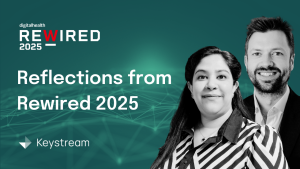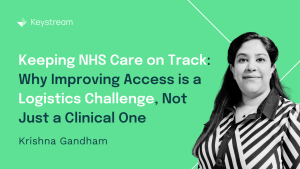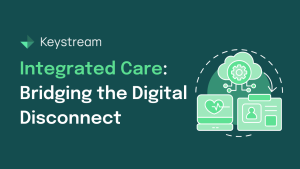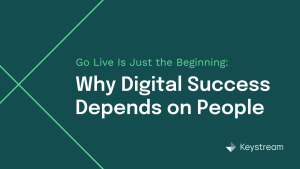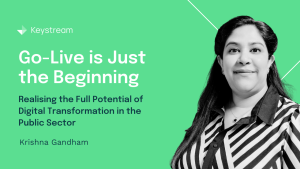30.06.2023
AI in Healthcare: Empowering Care While Ensuring Trust in AI
In recent years, the integration of artificial intelligence (AI) into healthcare has shown tremendous potential in transforming the way care is and can be delivered. From supporting care workers to empowering patients, AI has the ability to completely revolutionise our public healthcare system, however, building trust in AI and ensuring its responsible use remain critical factors in maximising its benefits.
None of us is as smart as all of us, that was the underlying theme of a recent Govnet event attended by our Director of Gov Recruitment – Louis Hall and our Marketing Director – Khyati Pal. The panels discussed and debated data and AI in public sector, specifically NHS & Government, emphasising the collective intelligence and collaborative efforts required to harness the full potential of these technologies. The discussion surrounded five main points:
Trust in AI is a crucial aspect of its successful implementation
To instil trust, it is essential to focus on the transparency of processes and automation. By clearly explaining how AI algorithms make decisions and ensuring their reliability, care providers and patients can feel more confident in embracing these technologies. Furthermore, putting power back into the hands of patients by granting them access to their personal data fosters a sense of empowerment and builds trust in AI-enabled healthcare solutions.
Enhancing patient care and accessibility through digital therapeutics & digital care
By shifting the focus from a mere digitisation of healthcare services to a comprehensive transformation, the industry can address the changing perceptions of digital transformation. Accessibility should be at the heart of each project, aiming to make services available to all individuals, regardless of their background or circumstances.
Data plays a pivotal role in healthcare innovation.
The development of robust data platforms and interoperability is key to breaking down data silos, enabling the exchange of knowledge, and powering advancements in healthcare by allowing different systems to communicate seamlessly. Effective data sharing and collaboration between government entities and the wider public sector can optimise resource allocation and improve service delivery. By fostering a culture of efficient data utilisation and promoting ethical data practices, the public sector can overcome barriers to inception and data discoverability, ensuring a collective effort towards data-driven decision-making.
Self-assessment tools and digital skills tests
The road to digital transformation will not be without its challenges. The DDaT (Digital, Data, and Technology) community faces hurdles such as a shortage of digital skills and inadequate readiness among Chief Information Officers (CIOs) for future developments. To address these challenges, self-assessment tools and digital skills testing can be created to identify skill gaps and facilitate targeted upskilling initiatives. Recognising the broad spectrum of digital skills is essential for developing a versatile workforce capable of navigating the complexities of the digital landscape.
Procurement is fundamental to the evolution of healthcare technologies
Collaboration with the market, creating frameworks, and articulating clear plans can drive innovation, encourage the participation of small and medium-sized enterprises (SMEs), and streamline the often-lengthy procurement cycles. The adoption of technology, in conjunction with a focus on data accessibility, can enable more efficient processes and collaboration within the public sector.
In conclusion, AI has the potential to significantly enhance healthcare delivery, benefiting both care workers and patients. Building trust in AI requires transparency.




